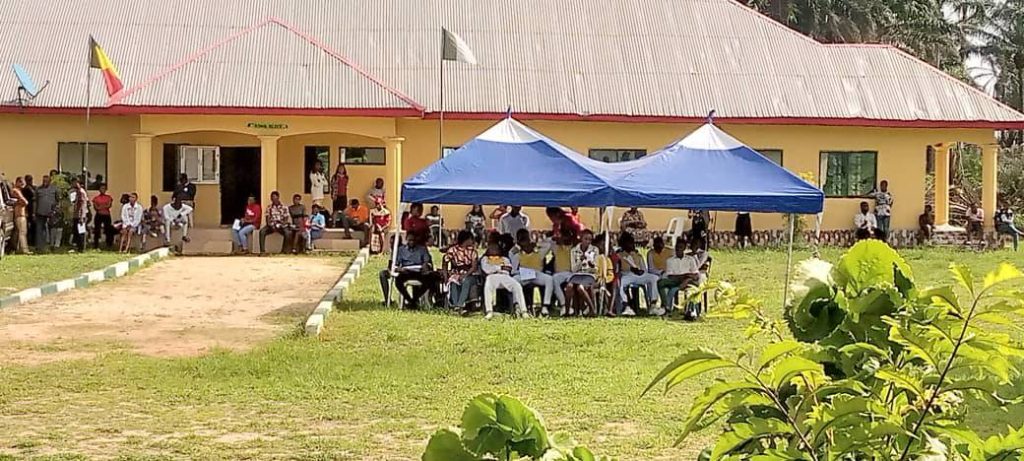Practical Learning
Our programmes emphasize hands-on learning, workshops, internships, and live projects that help students apply theoretical knowledge in real-life settings.
Flexible Learning Options
Our institute provides options for part-time, weekend, or online courses, allowing working professionals or those with tight schedules to study at their convenience.
Â

